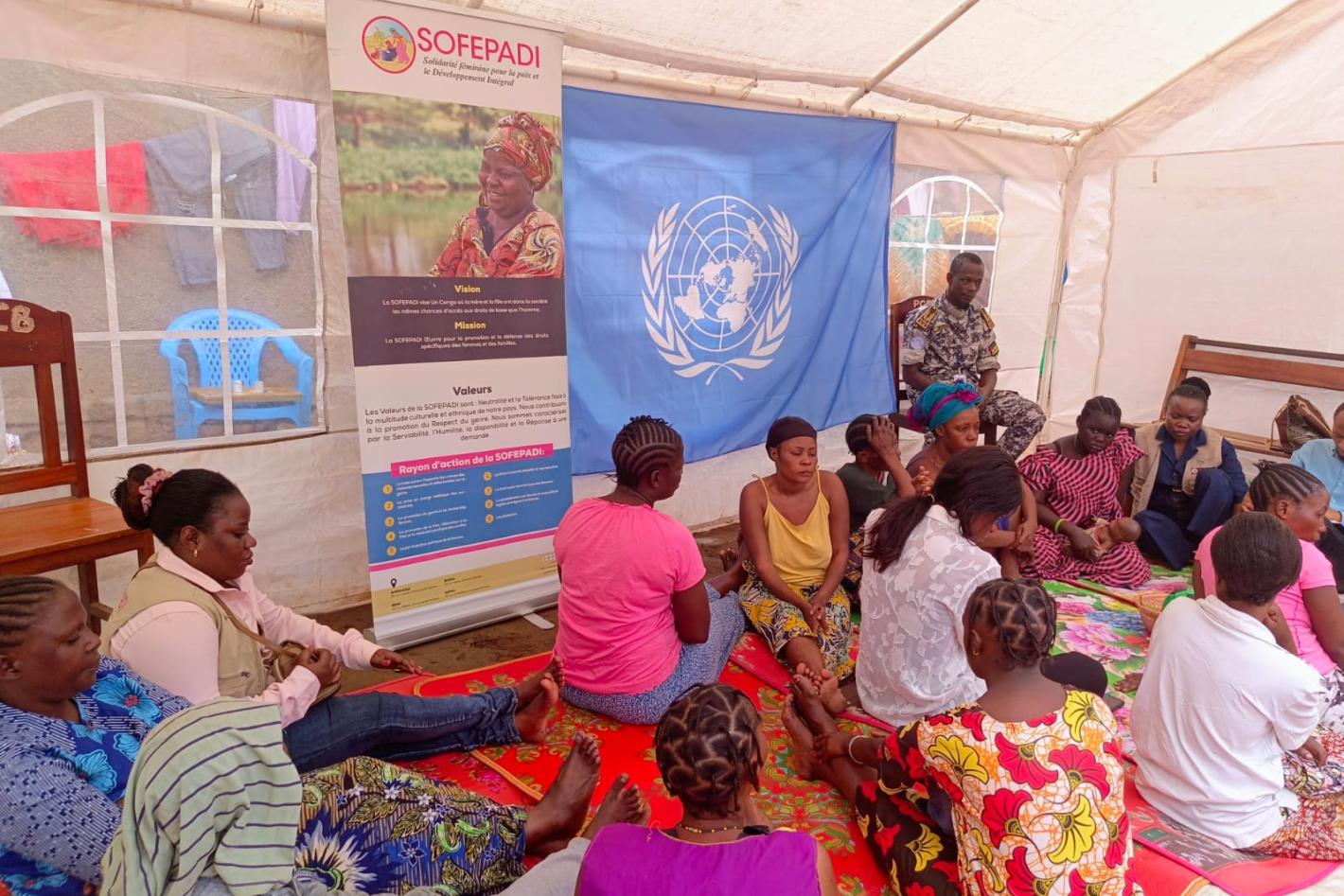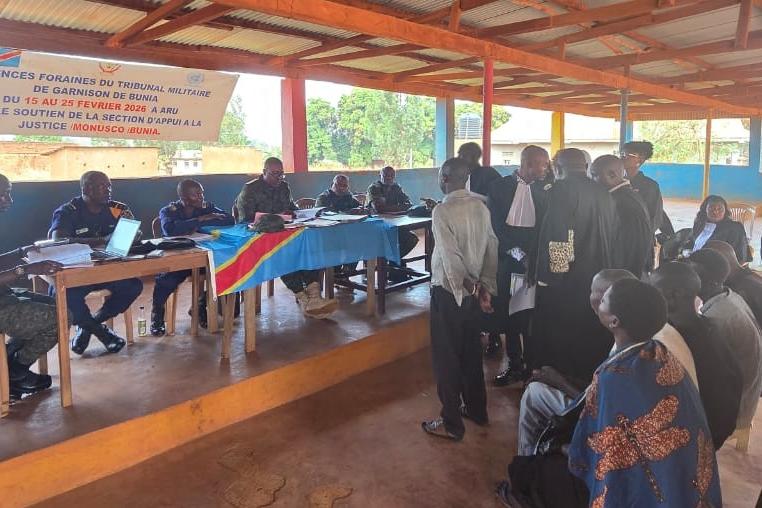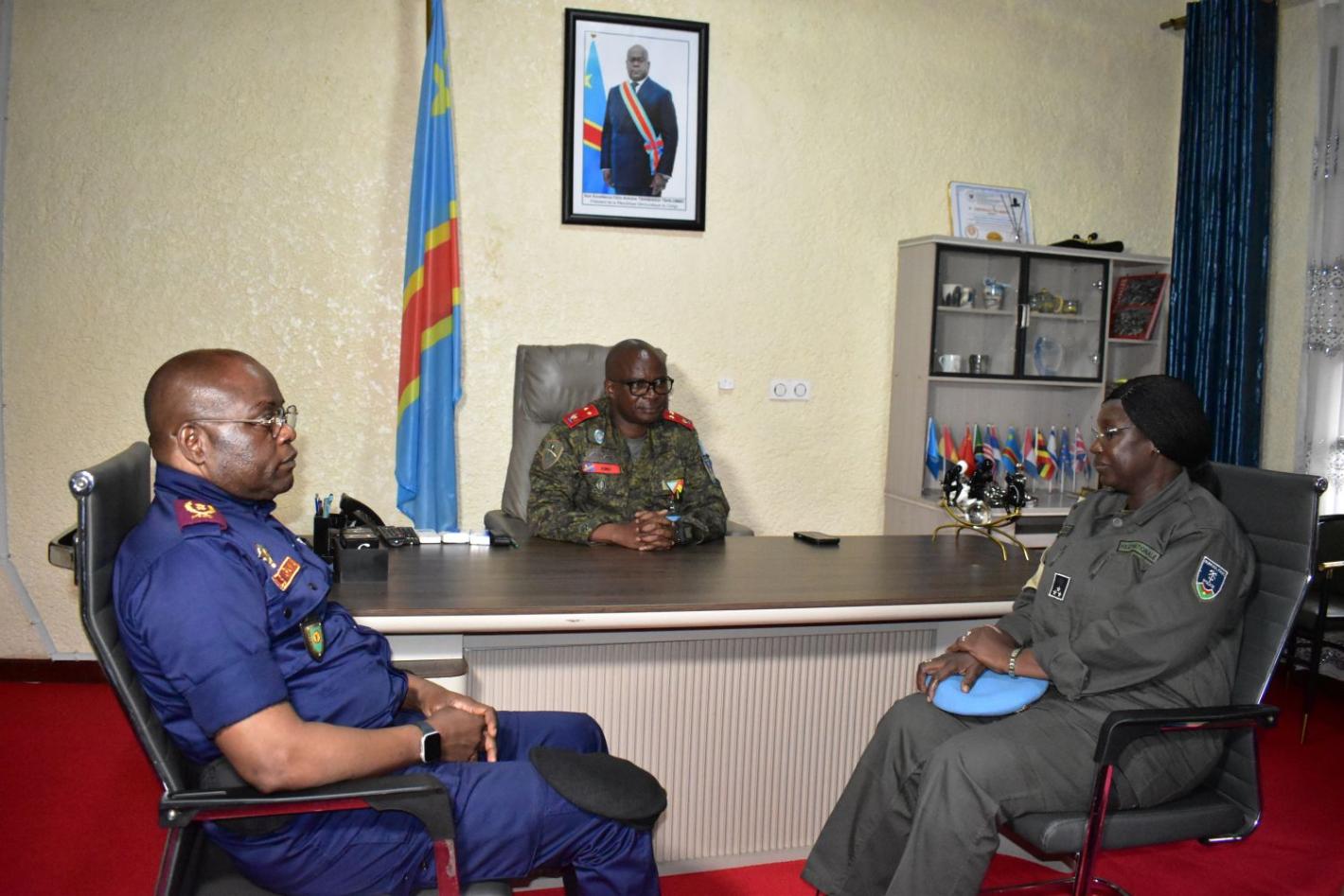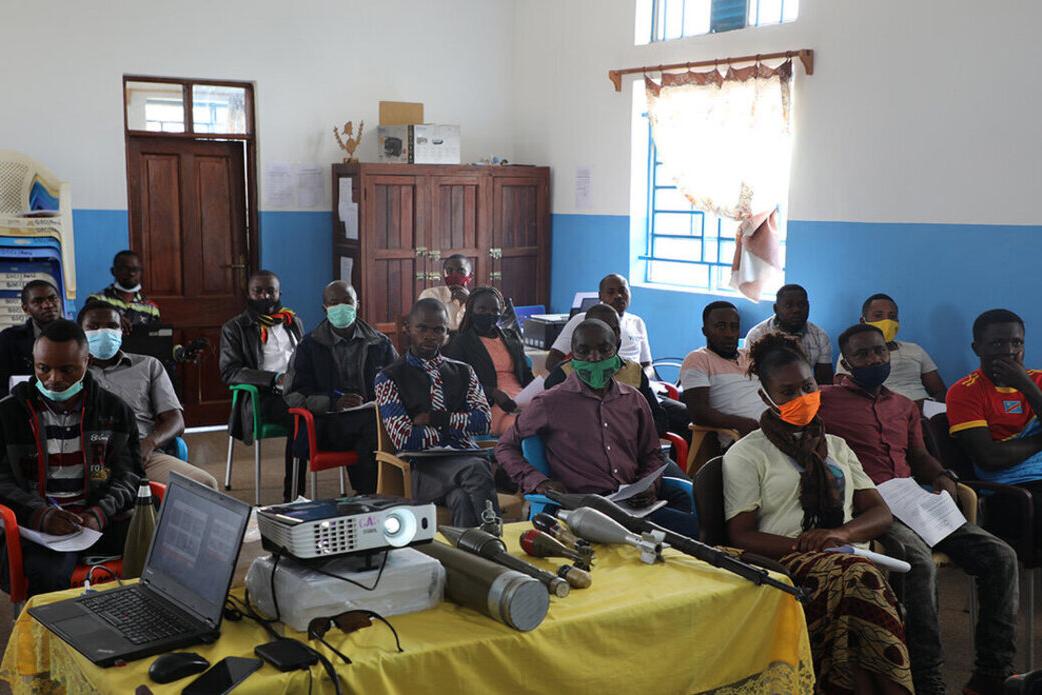On a Monday in 1993, when civil war broke out in his country, Patrick (*) was just four years old. His father was forced to take his family to safety and leave the town of Giciye in Rwanda for the province of North Kivu in the east of the DRC.
Now an adult and a father, Patrick still has memories of his Rwandan family. His life in the DRC has not been an easy one. He has moved several times, so it has been difficult to adapt. Throughout these years, he has always remembered his native Rwanda and nurtured the hope of being able to return there one day.
As far back as he can remember, he says: "The first memory I have is when we were in the forest, running away from armed men. My father led us to safety. It was the complete opposite of the sedentary life we led in Rwanda," he says with a lump in his throat.
Twenty years later, the situation has not changed. In North Kivu, where Patrick spent most of his life, the activism of national and foreign armed groups is in full swing.

MONUSCO, through its Disarmament, Demobilisation, Reintegration, Repatriation and Resettlement (DDR/RR) section, is working on the demobilisation of national ex-combatants and the repatriation of foreign ex-combatants.
In the years since the Mission was established in the DRC in November 1999, MONUSCO has supported the government in disarming armed groups.
"Since 2002, we have received and repatriated more than 10,316 Congolese combatants and 10,235 foreign combatants, with 9,496 dependants. We have also destroyed 3,503 light weapons and 48,531 munitions since 2004", says Jean-Claude Bahati Muhindo, from MONUSCO's DDR/RR section in Goma.
Let's go back to Patrick's story. He joined an armed group and stayed with it for six years. He finally decided to leave and return to civilian life. "I disappointed my parents by becoming a militiaman in 2008. My father wasn't a soldier. But for me, as for other young people in my situation at the time, we had no other option than to join armed militias", he attests.
There, in the forest, his hopes were soon extinguished. Life there is hard. He has to move around all the time, doesn't get enough to eat, and is constantly on the lookout for ambushes. "I was scared, like a lot of other fighters," says Patrick.
Then the day came when he met his wife, confirming his desire to start a family and change his life. "The decision to choose my wife was a life-saver. I had to leave the forest because combatants were not allowed to have a family. That enabled my wife to get pregnant", he recounts, smiling.
He contacted the National Refugee Committee (CNR) based in Kibabi in Masisi territory. His case was then examined by MONUSCO's DDR/RR section. In 2014, Patrick and his family arrived at the Kibabi refugee camp, which is mainly inhabited by Rwandan refugees.
"I wanted to give my family a safe space. Life in the camp wasn't easy at all. I stayed there for seven years. Seeing my two sisters and two brothers leave the camp before me encouraged me. It was obvious that my turn would come one day".
Patrick and his family were then transferred to the Mutobo centre in Rwanda, where they stayed for 45 days before returning to Giciye. There, they learnt a trade so as to become self-sufficient on their return home after thirty years in exile.
"I don't want to leave my family. I'm trying to give them the peaceful life I never had. I want to become a motorbike taxi driver and ride through the streets of Giciye like a real parent looking after his children," says Patrick.
Patrick has been through a difficult period in his life. But he did not reject the opportunities presented to him by the Congolese authorities and MONUSCO. Today, he has become an inspirational role model for other fighters. Fatherhood perfects the man, not the fighter.
(*) The name has been changed.







